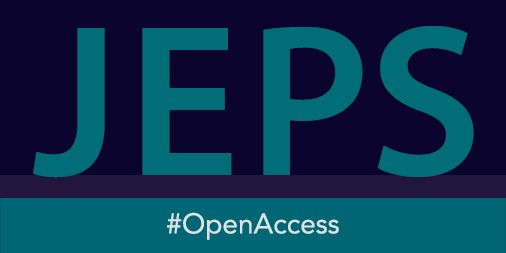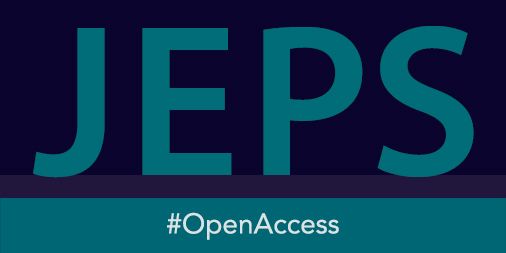Journal of Experimental Political Science
@jepsjournal.bsky.social
1.7K followers
2 following
54 posts
The Journal of Experimental Political Science (JEPS) features cutting-edge research that utilizes experimental methods or experimental reasoning based on naturally occurring data.
https://www.cambridge.org/core/journals/journal-of-experimental-political-sc
Posts
Media
Videos
Starter Packs
Reposted by Journal of Experimental Political Science
Reposted by Journal of Experimental Political Science
Reposted by Journal of Experimental Political Science
Reposted by Journal of Experimental Political Science
Reposted by Journal of Experimental Political Science
Reposted by Journal of Experimental Political Science
Reposted by Journal of Experimental Political Science
Reposted by Journal of Experimental Political Science
Reposted by Journal of Experimental Political Science
Reposted by Journal of Experimental Political Science
Reposted by Journal of Experimental Political Science
Reposted by Journal of Experimental Political Science
Reposted by Journal of Experimental Political Science
Reposted by Journal of Experimental Political Science
Malu Gatto
@malugatto.bsky.social
· Aug 7
Pro-equality initiatives increase expressed sexism among men but may improve trust among women football fans | Journal of Experimental Political Science | Cambridge Core
Pro-equality initiatives increase expressed sexism among men but may improve trust among women football fans
www.cambridge.org
Reposted by Journal of Experimental Political Science
Malu Gatto
@malugatto.bsky.social
· Aug 7
Pro-equality initiatives increase expressed sexism among men but may improve trust among women football fans | Journal of Experimental Political Science | Cambridge Core
Pro-equality initiatives increase expressed sexism among men but may improve trust among women football fans
www.cambridge.org







